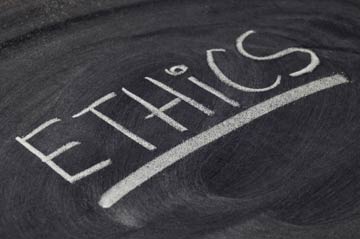CAPA Ethics Guidelines

-
A paralegal shall maintain the highest standards of professional and ethical conduct.
-
A paralegal shall participate in continuing education in order to ensure the highest degree of professional competence.
-
A paralegal shall always disclose his/her status as a non-lawyer.
-
A paralegal shall not establish an attorney-client relationship, set fees, sign documents which require an attorney’s signature, or appear in court on behalf of a client, unless authorized by law.
-
A paralegal shall preserve and protect the confidences, secrets, and information written or oral of a potential, current or prior client and/or attorney which have been disclosed to the paralegal.
-
A paralegal shall preserve and protect as privileged all communications of the attorney and the client which have been disclosed to the paralegal.
-
A paralegal shall avoid conflicts of interest and immediately disclose in writing any potential conflicts.
-
A paralegal shall exercise great care and professional judgment in determining the extent to which a client may be assisted without requiring the presence of a licensed attorney.
-
A paralegal may communicate legal advice authorized by the attorney to a client so long as they do not interpret or expand upon that advice
|